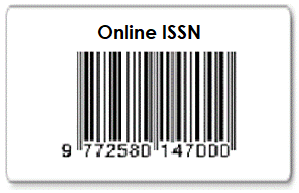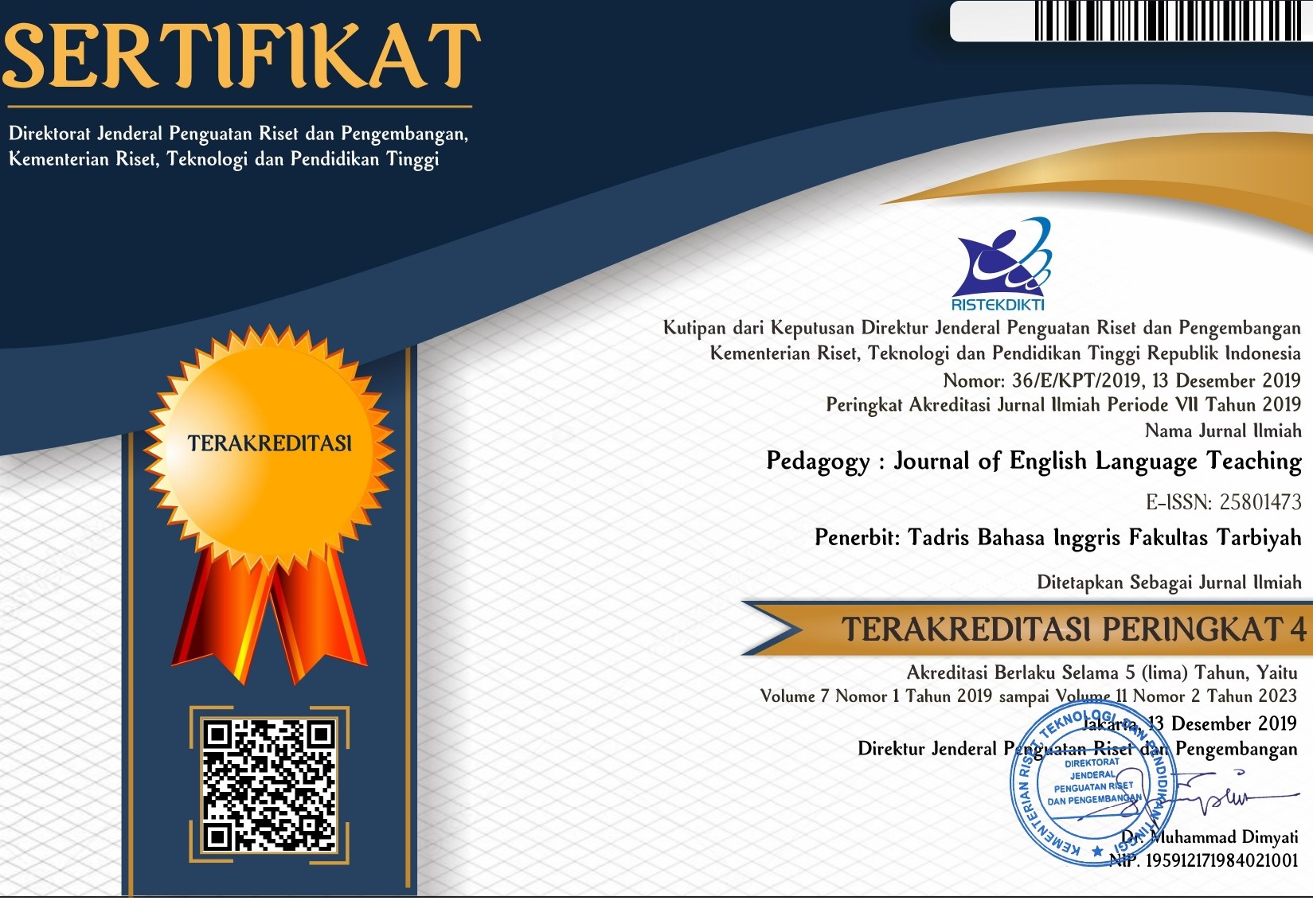Investigating EFL Master Students’ Beliefs and Practices Regarding Reader Engagement in Writing Research Articles
DOI:
https://doi.org/10.32332/joelt.v9i2.3566Keywords:
Academic writing, Beliefs, Engagement, Metadiscourse, research articleAbstract
This study reports Indonesian master students’ beliefs and practices on the use of reader engagement in writing research articles. This study was a case study conducted in one Indonesian university. The data were collected through questionnaires, in-depth interviews, and document analysis. The participants were 23 Indonesian master students. Furthermore, there were 9 research articles written by the participants which were analyzed in this study. The data were analyzed under the metadiscourse framework, specifically in the reader engagement: reader pronouns, personal asides, appeals to shared knowledge, directives, and questions. The findings show that Indonesian master students believe in the importance of using reader engagement in research articles. However, they rarely used it since they did not know the concept and how to use it effectively. It implies that more exposure to using metadiscourse, especially reader engagement, in research articles is needed for Indonesian master students to achieve more reader-friendly research articles.
















